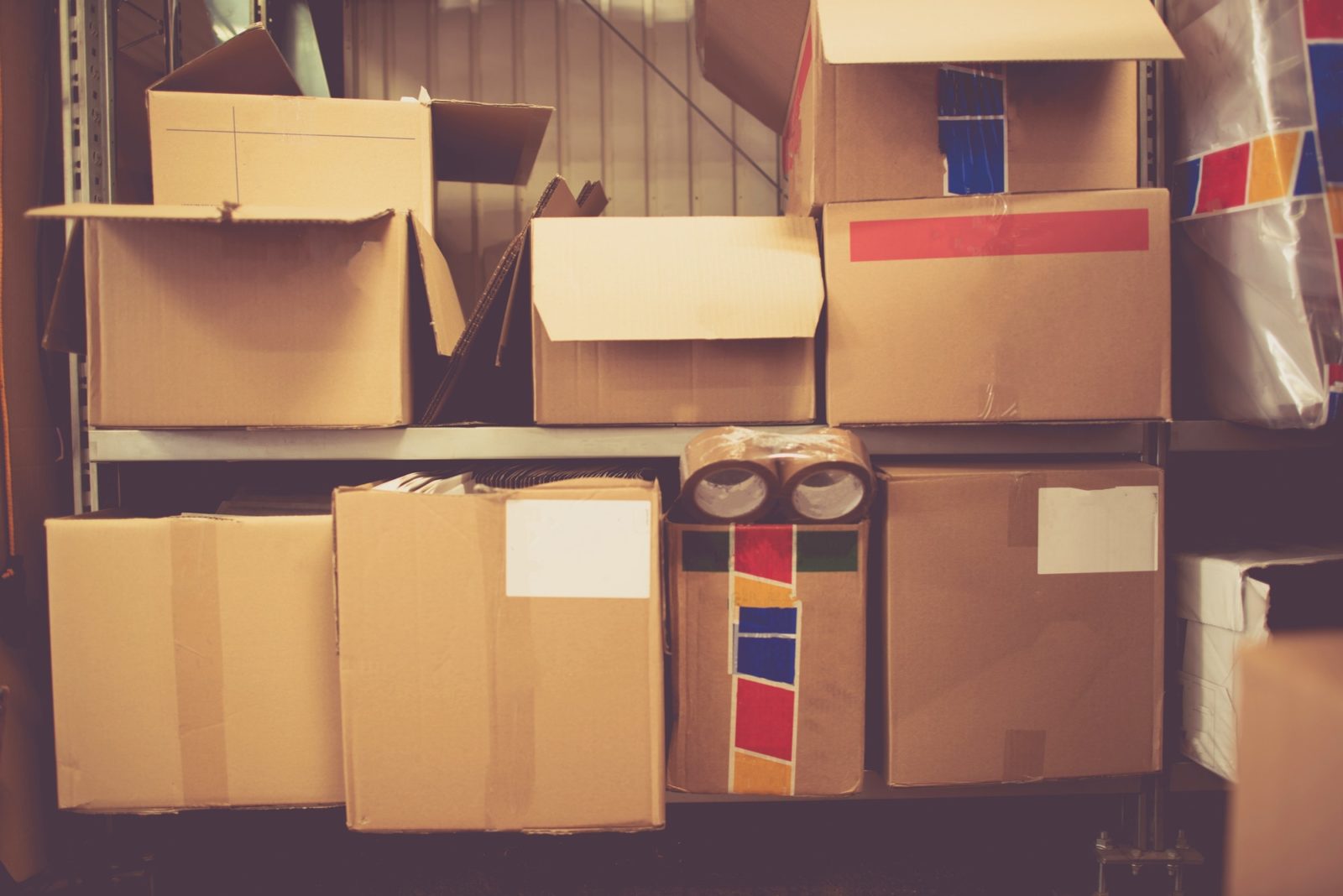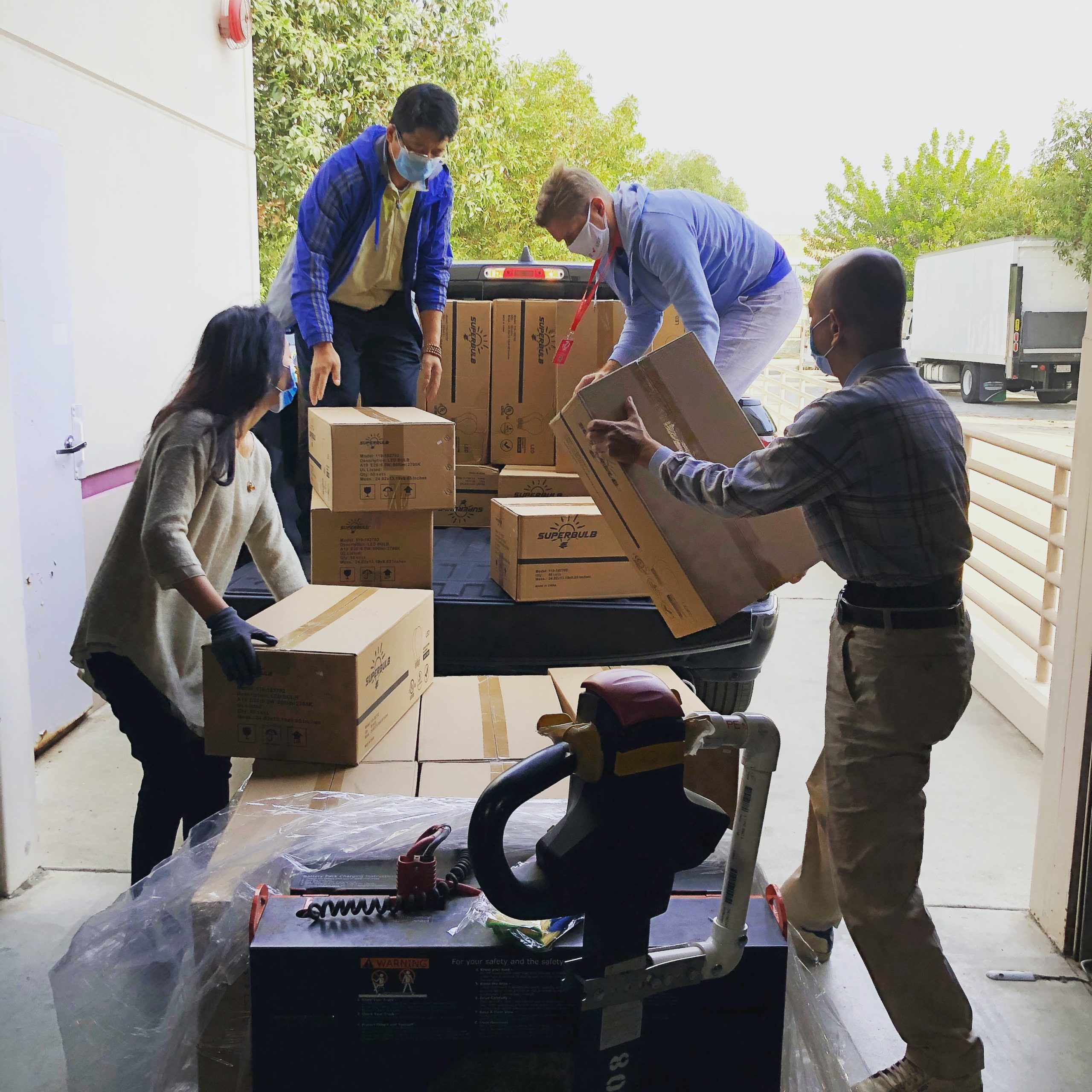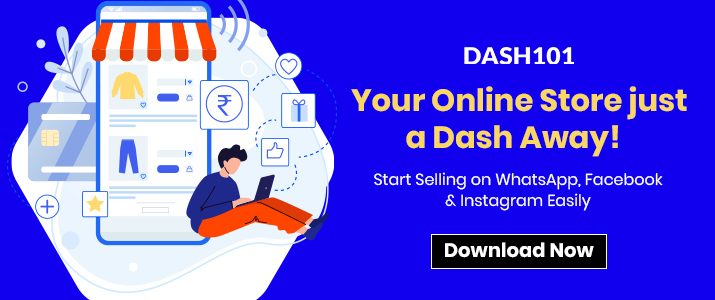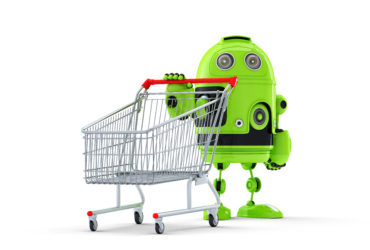The differences between B2B and B2C order fulfillment may seem confusing if you are new to the industry. There are many clear and distinguishing differences between the two operations. Here’s all that you need to know about the two processes.
B2B Order Fulfillment


B2B order fulfillment focuses on shipping from business to business. Hence, they manage large volumes of goods and supply products or raw material to the recipient business. This system makes it easier for businesses to stock up their inventory in advance so that they can resell items to consumers.
The fulfillment centers that manage B2B order fulfillment usually focus on an efficiency delivery rather than optimal customer service. This is mainly because large companies use the B2B model. Complicating routines and procedures can lead to unnecessary penalties and losses.
Many large stores that use B2B fulfillment require their fulfillment centers. Thus, to comply with Electronic data interchange, barcodes, labeling, and invoices as well. Thus, shipments can be slowed down due to various trade barriers like tariffs and shipping levies. This is why this makes B2B Order fulfillment a complicated system that requires access to technology, quality management systems, and experience as well.
B2C Order Fulfillment


B2C order fulfillment is the traditional fulfillment service that deals with shipments to customers directly. Thus, making the process simpler and less complex in comparison to bulk orders. The regulation and the rules for individual customers and fewer. In B2C order fulfillment, customer satisfaction, and quality service are at the apex of its priorities. There is a focus on speed, but it cannot compromise with the shopping experience of the customer.
The goal of B2C fulfillment ensures that the customer is fully satisfied with the product, shipping options, and delivery. Some businesses offer free shipping or expedited same-day shipping as well. B2C companies need to maintain a positive relationship with their customers to assure customer loyalty.

Difference Between B2B and B2C Order Fulfillment
There are three main stages of order fulfillment. In each of these stages, the functionality of B2C and B2B operations vary.
Pre-purchase Stage
Pricing of products: The pricing in B2b is complicated as there is a possibility that the same product can be available at different prices. On the other hand, pricing in b2C is more standardized.
Sales assistance:The sales assistance in B2C is almost negligible. Whereas, the presence of a sales representative is more prominent in B2B as they are given specific accounts that need to be managed.
Purchase Stage
The decision to purchase: Any purchase made in B2B is a well-researched and planned purchase. The decision of buying on b2c is completely dependent on the personal preferences of the customer.
Sales process.: In B2b, transactions are well negotiated to find the most cost effective and reliable supplier. Customers can choose from several options and brands in B2C.
Order size: The transaction between B2b involves large scale shipments. A B2C shipment is a single time lighter delivery.
Payments: B2B payment depends on credit for the procurement of material. The payment in B2C is pretty straightforward. Options like cash on delivery and online payments are also available.
Post-purchase Stage
- Order fulfillment and shipping methods: for B2B deliveries, shipping can be quite a costly affair. Therefore, B2C order fulfillment offers low-cost shipments.
- Business relationship with the customer: In B2B business to business relationships are essential, B2C focuses on B2C.
- Returns: Third-party insurance companies handle returns in B2B order fulfillment. B2C return orders are clear transactions that have refund policies.





Leave a Review